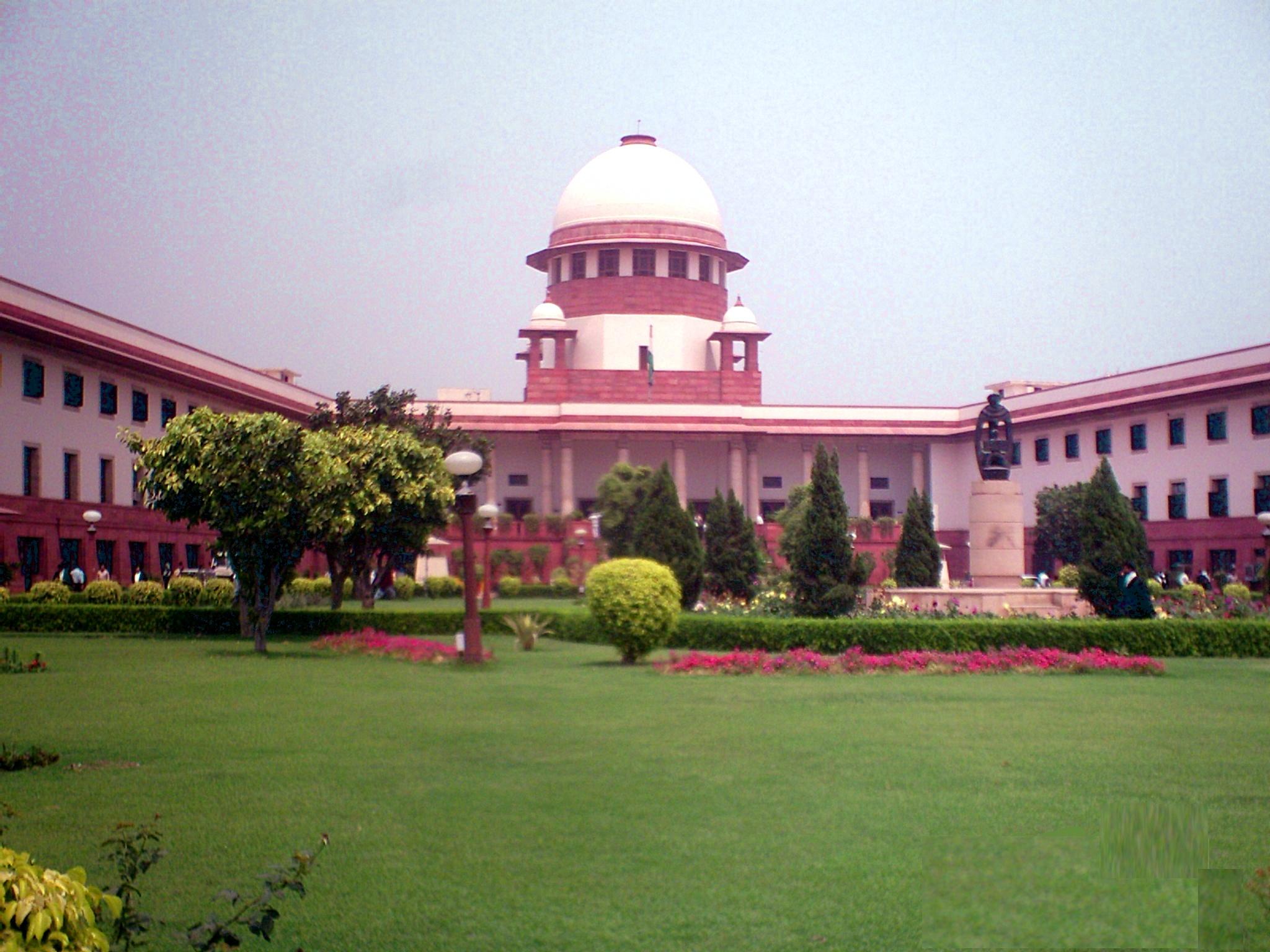Today, a five-judge Constitution Bench of the Supreme Court (SC) heard the batch of 22 petitions led by Justice K.S. Puttaswamy & Ors. v. Union of India & Ors. [W.P.(C). No. 494/2012], which challenge various aspects of the Aadhaar scheme. This Bench was formed by the Chief Justice of India (CJI) on July 12, 2017 pursuant to an August 2015 order by the SC that referred some substantial questions of law raised around Aadhaar (including whether Indian citizens enjoy a fundamental right to privacy) to a larger Constitution Bench, and comprised CJI J.S. Khehar, along with Justices D.Y. Chandrachud, J. Chelameshwar, S.A. Bobde and Abdul Nazeer.
The hearing started with the Bench asking the respondents about the ambit of the questions before it and their positions on the same.In response to this, the Attorney General (AG), K.K. Venugopal said that while there is a “common law right” to privacy, the Constitution of India does not, expressly or by necessary implication, include the right to privacy in any of its provisions, including in the fundamental rights.He saidthat the judgments in M.P. Sharma v. Satish Chandra (AIR 1954 SC 300) by an eight-judge Bench, and Kharak Singh v. State of Uttar Pradesh (AIR 1963 SC 1295) by a six-judge Bench, make it very clear that there is no fundamental right to privacy, and that all subsequent decisions by this Court are per-incurium. The only issue at hand, said the AG, was whether these judgments could be distinguished.
At this juncture, Justice Chandrachud pointed out that the judgments in the above two cases were based on the doctrine propounded in A.K. Gopalan v. State of Madras (AIR 1957 SC 27), where fundamental rights were read independent of each other, in silos. He observed that this position had changed and been overturned in Maneka Gandhi v. Union of India (AIR 1978 SC 597), which provided that fundamental rights have to be read together. The AG responded by reiterating how the ratio in Kharak Singh clearly states that there is no fundamental right to privacy enshrined under the Indian Constitution. He emphasized that the core issue at hand was restricted to the binding nature of judgments in M.P. Sharma and Kharak Singh.
The Bench intervened once again and said that the judgment in Kharak Singh was on the limited point of surveillance and made reference to the Fourth Amendment of the US Constitution with respect to the issue, privacy being merely an ancillary issue. TheAG contended in response that the matter should be referred to a seven or nine judge Bench to decide the correctness of the judgment in Kharak Singh as a five-judge Bench cannot decide the matter.
The CJI, agreeing with Justice Chandrachud, stated that the position after Maneka Gandhi’s case had changed. He said that the Court in Maneka Gandhi agreed with the minority view in Kharak Singh and overturned the majority view. Justice Chandrachud added that the logic in Kharak Singh had also been overturned in R.C. Cooper v. Union of India (AIR 1970 SC 564), a fact that was noted by the SC in Maneka Gandhi when expressly overruling the majority judgment in Kharak Singh. Justice Chelmeshwar added that when right to privacy has been recognized as a common law right, it becomes difficult to accept that there is no right to privacy in a republic a with written constitution.
Finally, the CJI suggested that the matter be referred to a larger Bench of nine-judges on the limited issue of privacy. He clarified that it was not necessary to carry the entire matter to the larger Bench. Hence, once the judgment is delivered by the nine-judge Bench on the limited issue of right to privacy, the matter would go back to the original five-judge Bench and each matter would be heard separately on its merits thereafter. The Bench ordered that the nine-judge Bench would examine the limited issue of whether there is a fundamental right to privacy under the Indian Constitution, and whether the decision in judgments in M.P. Sharma and Kharak Singh were the correct expression of the constitutional position.
The matter is listed to be heard before a nine-judge Constitution Bench on July 19, 2017. The order of the five-judge Bench referring the matter to the nine-judge Bench can be accessed here.




